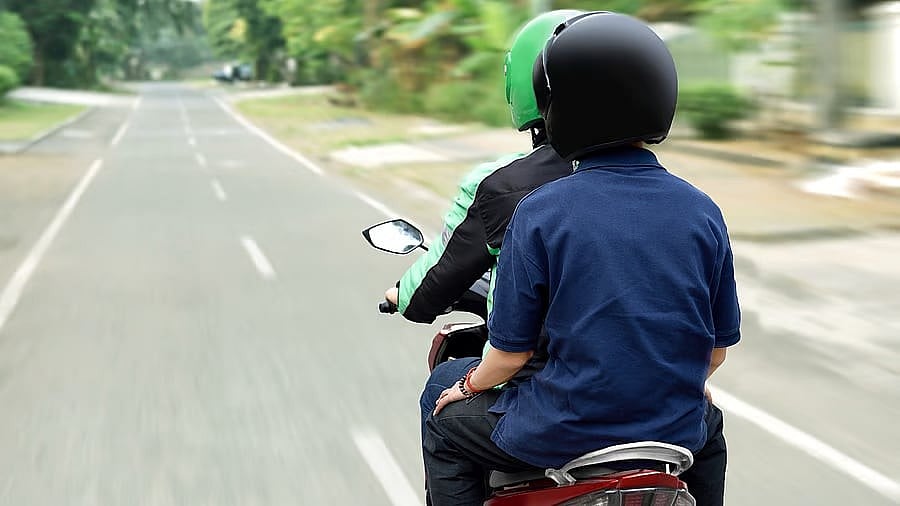
Representative image showing a passenger riding a bike taxi.
Credit: iStock Photo
Sam is 17. He is autistic, with a mild intellectual disability, and he has a sparkle in his eye when he learns something new. For the past four years, he has been coming to our learning centre, where we try to equip young adults like him with skills to help them earn a livelihood. But our focus has always been broader: not just jobs, but dignity, independence, and a place in society where they are seen as contributors.
One of the biggest milestones we celebrated was his commute. His mother would book him a Rapido bike every morning, and we would receive him at the centre. At the end of the day, the routine was reversed. For Sam, this was no small task. He had to memorise the OTP, tell the driver, and hop onto the bike with confidence. It worked beautifully—Sam enjoyed the ride, the parents found it affordable, and we were thrilled that he was inching towards independent living.
This year, the target was bigger: to teach him to use the ride-hailing app himself. The logic was simple—if he could book his own ride, he could commute independently, a first step towards holding a job and being truly self-reliant. For Sam and others like him, such skills are gateways to inclusion, reducing dependence on family for every small activity.
But then came the blow. Overnight, bike taxis were banned in Bengaluru. The reason may have been regulatory or political, but for us, it cut short a young man’s journey towards autonomy. Autos are too expensive for daily rides, buses are too unreliable, and the Metro doesn’t reach his part of the city yet. The small, sturdy bridge we had built towards independence collapsed without warning.
Working with young people like Sam teaches you that independence is not a single leap but a slow, fragile climb. Every skill is painstakingly taught and reinforced: how to cross a road safely, handle money, greet strangers, and manage phones. Each of these is a ticket to being accepted as part of the community. Yet, all it takes is one sudden policy or one gap in infrastructure to snatch away the fragile gains.
For parents of children with autism, the deepest worry is: What after us? The dream is to see them live with dignity, travel on their own, and find socially valued roles. But the world outside often forgets to make space for them.
Sam still comes to the centre, dropped off by his mother. He continues to learn, and we continue to hope. Independence, after all, is not a straight road—it winds, halts, and sometimes begins again. What matters is that we keep walking, together.